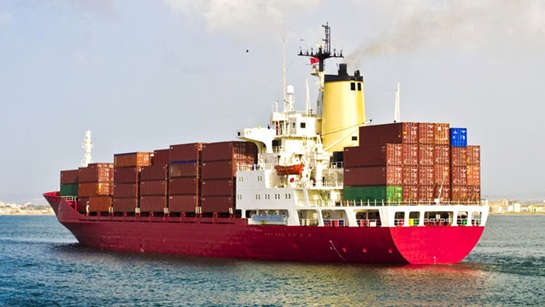MARINE INSURERS BRACE FOR FALLOUT FROM COVID-19 CRISIS
Source: asiainsurancereview.com
The COVID-19 outbreak is expected to have a ‘significant impact’ on the marine insurance market as the volume of cargo shipments within Asia and across the globe reduces drastically, IUMI’s chairman of the ocean hull committee Rama Chandran told Asia Insurance Review.

“We have seen major liners announcing the cancellation of sailing. Major commodity producers have also stated that logistics have affected shipments to date,” said Mr Chandran. It has been reported that the number of ‘blank sailings’ – where ships do not load at a planned location – has leapt since the start of the year. AP Moller/Maersk, the world’s largest vessel operator, has reported at least 30 blank sailings in February thus far.
China accounts for seven of the world’s 10 busiest container ports, spurred by booming trade and significant investment in the last decade by the Chinese government to expand its port facilities. However, it has been a logistical nightmare dealing with Chinese ports amid the COVID-19 crisis due to delays in sorting out the necessary paperwork for shipments as many people have been told to stay away from work. The marine industry still requires physical documents for many transactions. And with Hubei province having been on virtual lockdown, travel restrictions have thwarted efforts to move original bills of lading and letters of indemnity around, leaving large amounts of cargo in limbo.
The impact of trade and supply chain disruption could have a domino effect and find its way into the marine insurance world, said Mr Chandran, who also heads the hull and marine liability segment for QBE in Asia. “On the hull segment, we are yet to see the direct impact but with lower earnings expected from shipowners, we may see some increased trending in claims,” he said.
Meanwhile the economic impact of COVID-19 in China and the rest of the world could lead to a reduction in oil demand. Such fears have already led to crude oil prices falling last week to their lowest level in more than a year. “It is no coincidence that, when crude oil prices are volatile, maritime freight prices for the carriage of oil also often follow as has been seen over the past few weeks. Oil tanker operators often find it difficult to obtain good charters for their vessels when oil traders are looking for somewhere to keep their newly delivered (or about to be delivered) oil,” Marsh said in a report last week. As a result, oil traders charter idle oil tankers to store their oil, and ship owners find a cheap way of employing their tankers, simply anchoring the vessels and offering the otherwise idle ships for use as floating storage units.
Such development presents new risk scenarios for insurers and could have implications for the marine insurance market, including for marine cargo insurance, marine hull insurance, oil traders’ liability insurance, charterer’s legal liability and protection and indemnity cover, according to Marsh.


